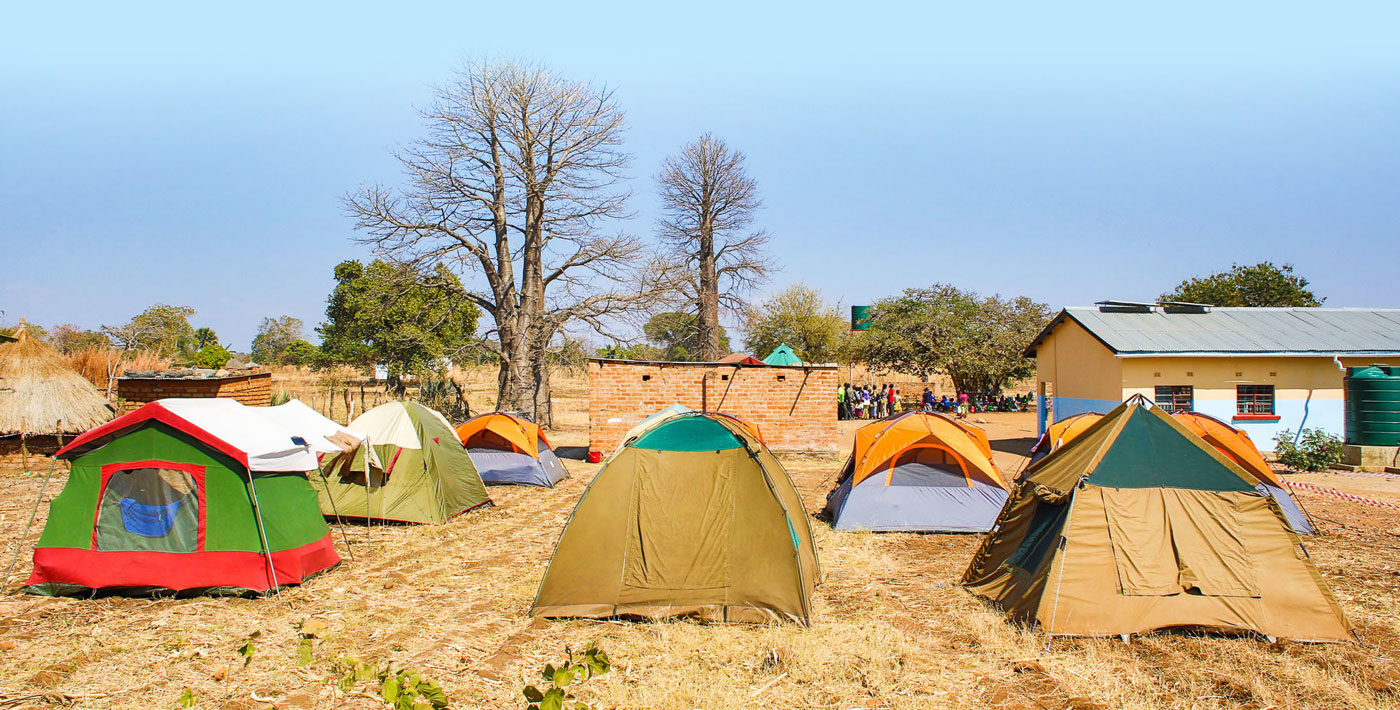Our Work
We invest the money we rise in providing short- and long-term relief for orphaned children and their caregivers by providing health services and strengthening local health service capacity, as well as fostering health through community development. Our projects serve needy children, their families and communities through women’s microfinance projects, improved access to clean water, investment in local schools, and promotion of sustainable farming for food security and better nutrition. Partnership at both the individual and community levels creates lasting change.
Our Progress
We’re very passionate about solving the healthcare problems in our lifetime, using donations to fund projects such as dental care, medical aid, women’s micro-finance support, educational sponsorship, community outreach and public health interventions that help orphaned children, extended families and communities living with HIV and AIDS. Here’s the progress we’ve made since we started our journey in 2004.
Our Journey Thus Far
We are not your average NGO. Take a look at our journey to see how we have made an impact
OUR FIRST VISIT - AN ORPHANAGE
When we first encountered the orphans residing at Kasisi Children’s Home (www.kasisichildren.org) in 2004, over half of them had moderate or severe dental decay. By the third visit in 2007, the number had dropped to less than one in ten. Since 2004, we have worked with the orphanage staff to keep the children of Kasisi in good oral health. A program of preventive education, protective fluoride and sealant treatments, and general dental care have resulted in a dramatic decrease in dental disease. A donated dental unit and basic supplies have allowed us to expand on-site dental treatment.
VILLAGE OF MUCHILA
Muchila, a rural chiefdom in the Southern Province of Zambia, is home to nearly 30,000 people living on remote subsistence farms, most of which lack running water and electricity. During annual service trips, Muchila Rural Health Centre medical personnel work alongside our dental volunteers and Zambian dental professionals to provide the only dedicated oral health care available in the region. By offering preventive dental care, pain relief and oral health outreach, long term improvement in oral health — especially for children — can be achieved. Attesting to the community’s appreciation of the team’s dental contributions, the number of villagers appearing for dental education, screening and treatment has doubled over the years, peaking at over 1000 in 2013.
COMMUNITY PROJECTS IN MUCHILA
During our first visit to the village in 2006, Muchila’s community leaders — elected officials and traditional headmen — provided a comprehensive list of community needs. They identified, in addition to dental care: better access to clean water for people and farm animals; microfinance projects promoting women’s self sufficiency via craftwork; nutritional, educational and medical support for orphaned children; support for schools and local soccer programs; sustainable farming; and a birthing center to improve maternal and child health.
Since then, Options has worked in partnership with the Muchila community, District and National Health officials, Rotary International, individual donors, volunteers and well-wishers to answer the community’s appeal. To date, two new wells are operational, the Penga Ujane women’s club has developed basketry and beading projects for sustainable profit, soccer tournaments have brought the community together and better farming techniques have supplemented nutrition for and supported needy children. In 2013, Options completed its biggest project: a community birthing center to address the needs of women and babies with the aim to improve maternal child health.
SICKLE CELL DISEASE
In 2006, Options’ co-founder Tom Stossel, a blood disease specialist, met with physicians at Lusaka’s University Teaching Hospital, and they started a collaboration to address the devastating inherited blood condition of sickle cell disease that is highly prevalent in Sub Saharan Africa in general and Zambia in particular. Two years later, Tom was able to raise sufficient funds in the USA to enable UTH to renovate its run down pediatric ward where most of its sickle cell disease patients are hospitalized. More recently, Tom has connected his Zambian medical colleagues with researchers in the Chemistry Department of Harvard University who have designed a device that can screen patients for sickle cell disease under conditions applicable to remote sites in developing countries. Currently such diagnostic screening in Iow resource settings is not possible. While no cure exists for sickle cell disease, early detection enabled by screening significantly improves survival and life quality of afflicted individuals.

Latest news
Subscribe to our site and newsletter to stay informed about latest news. Learn about our latest trips and what we are planning.